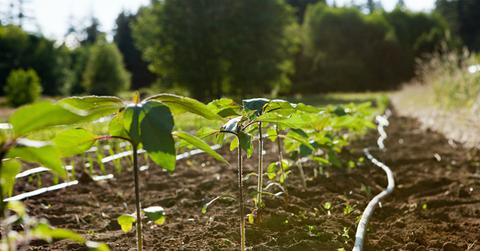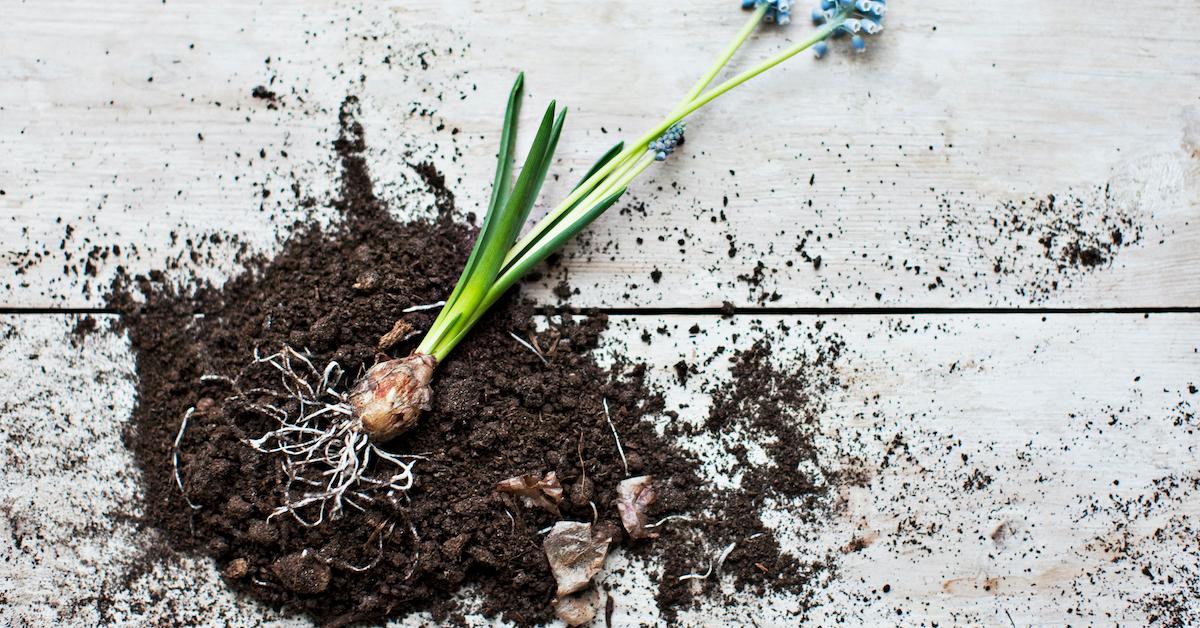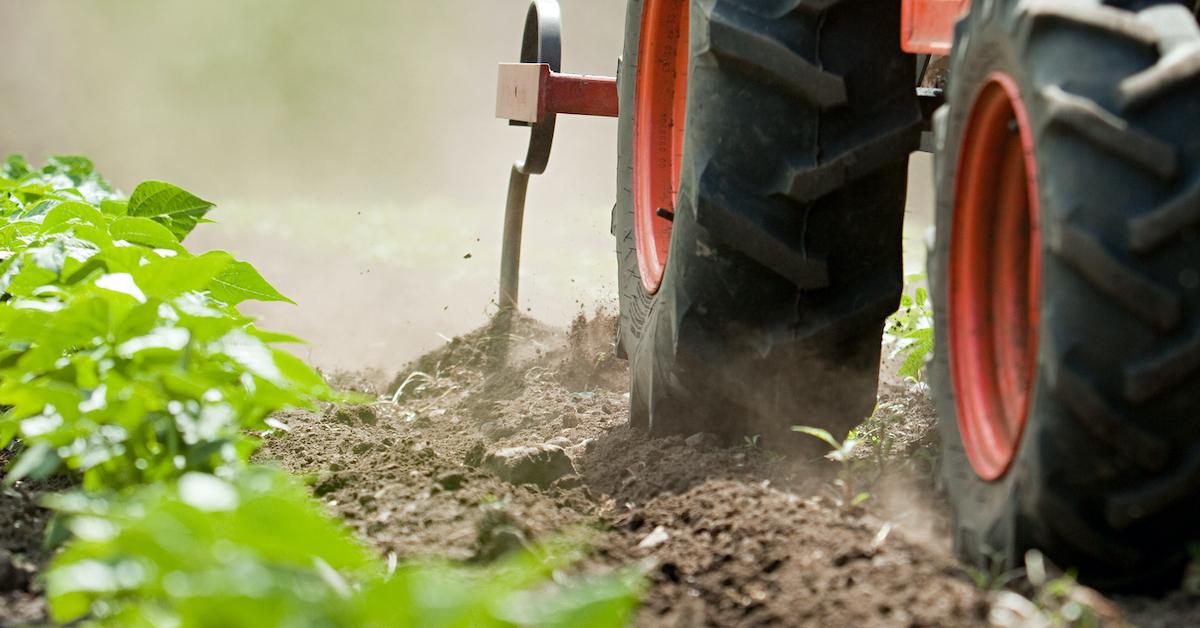How Regenerative Agriculture Could Revolutionize Farming
Published March 12 2021, 12:04 p.m. ET

Among the many human activities that contribute to climate change, agriculture is one of the leading forces — commercial farming requires massive amounts of water, land, and unless it's an all-organic farm, pesticides. Per the USDA, the U.S. agriculture industry emitted 698 million metric tons of carbon dioxide in 2018 alone. But scientists are currently looking to a much cleaner farming technique called regenerative agriculture, to sequester more of the planet's carbon, which will (hopefully) help curb global warming.
Keep reading for more on what regenerative agriculture is, the process behind it, as well as the endless benefits that result from this holistic gardening technique.

What is exactly is regenerative farming?
The concept of regenerative farming is relatively easy to understand — according to The Climate Reality Project, it's an agricultural technique that essentially focuses on the health of the soil more than other types of agriculture tend to do. Obviously, soil is effectively the base of any farm, and surprisingly, it can sequester quite a bit of our planet's CO2. Therefore, treating it organically, with natural products and less human disturbance, is key.
Regenerative farming shies away from using synthetic products like fake manure or pesticides, and refrains from using heavy machinery, which can ultimately do more harm than good. There are so many natural ways to boost the health of soil with the use of other crops and various practices, and by doing so, we're able to improve the quality of these crops, while simultaneously lowering the massive impact of farming as a whole.

What are the benefits of regenerative agriculture?
The benefits of regenerative agriculture are basically endless, as it reduces waste, conserves CO2 emissions, and — as previously mentioned, it increases soil fertility, organically. According to Regenerational International, one particularly effective practice from regenerative agriculture is no-till or medium tillage. Basically, instead of plowing or using heavy machinery, leaving the soil alone lets it create more organic matter and sequester more CO2 than it would with human disturbance.
Focusing on increasing soil fertility naturally, using cover crops, crop rotation, compost, and animal manures also organically revitalizes the soil and gives it nutrients, without harmful or synthetic fertilizers. Also, if the farm works with any types of livestock, managing their grazing practices, ensuring they have nutritious feed, and using their manure for soil fertility increase carbon deposits naturally, and reduces waste exponentially.

Regenerative farming may curb emissions on a major scale.
If regenerative agriculture catches on, it could curb climate change on a major scale. According to The National Academies of Sciences, Engineering, and Medicine, sequestering CO2 with the power of healthy soil could potentially eliminate upwards of 250 million metric tons of CO2 annually, which translates to approximately 5 percent emissions from the U.S. alone.
Nancy Pfund, founder of environmentally-focused Venture Capitalist Fund, wrote a piece about how much this could ultimately impact our planet.
"For organizations that purchase and process agricultural products — from food companies to renewable fuel producers — soil carbon offsets can indirectly reduce emissions immediately while also funding strategies that directly reduce emissions permanently, starting at the farm," she wrote in TechCrunch.
Making some major changes within the agriculture industry could ultimately save us from inevitable turmoil.